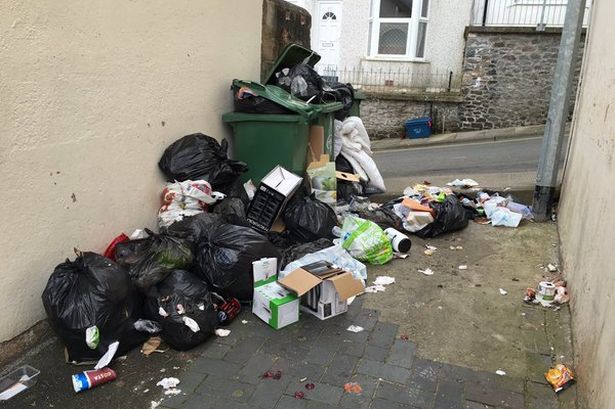Council Pest Control is it the best? Advantages & Disadvantages explored.
/The advantages & disadvantages of using local council pest control.
Great! You’ve heard scrabbling in your walls for the past few days and now you’ve found what you think is mice droppings round your food bin. You really can’t ignore it any longer, but who do you call to get rid of it? Your neighbour mentioned that the local council might be able to help with the pest infestation and it is usually cheaper. You don’t want to spend more than you need so that sounds like a great option, but will it be the best way to get rid of your pest problem? In this article we lay out the pros and cons of using local council pest control.
Advantages of using Local Council Pest Control
1. Council pest control is cheaper!
Yep lets not beat around the bush, using council pest control is cheaper than hiring a local company. Why? We’re not too sure, it might be that it is subsidised by the local council or the subcontracted company is offering a very low price in order to secure sole provision rights on the contract.
I’d imagine this differs in every region so id be interested to hear what happens in your area.
2. With pest control from the council it might be easier to solve external issues
Pest issues such as Mice and rats can be exaggerated due to external factors such as garbage being left in the street and blocked drains. The council’s pest controller will first treat the issue and should then be able to communicate with other council departments in order to reduce the risk of further infestations.
Related content: How to tell if you have a mouse problem in your house
Disadvantages of Local Council Pest Control
1. Council Pest control is often subcontracted to National or Large Companies
Usually Local Councils outsource their pest control service through a tendering process. Due to the number of callouts required this is usually only manageable by larger companies who will try and drive profit from the contract by focusing on volume. This may result in a poorer level of service as each customer call out is carried out as quickly possible.
2. Long waiting times with Pest Control from the council
Due to the high volume of calls received by local councils, it is typical to have a long waiting list. In the summer this is likely to mean wasps nests are left untreated for days. Some websites say two days, however people have got in touch with us for a treatment after being told they could wait up to two weeks. Not sure I’d like to be kept waiting that long if I knew a mouse was gnawing its way through my water pipes!
Related content: Customer Story: Mice I can deal with but rats…I’m calling in the professionals
3. The Council pest control may not tackle issues at height.
We’ve often heard that the local council pest control will not tackle anything above arms reach. This will mean that any pest issues in your roof eaves, guttering or even loft space will not be resolved.
Working at height is a risky business with it being the biggest cause of workplace deaths. However with the right planning and process the risks can be minimised so that the pest control treatment can be completed successfully.
4. Council pest control may charge you even if a problem is not treated.
The local pest control service will ask several qualifying questions on the phone to help mitigate this issue however we have heard of several occasions where our now clients have had to pay a call-out fee only to be told it’s not something they can help with.
So not only have you already paid out, but you’ve still not got a solution to your pest issue.
In Summary
As we always advise, it is cheapest to protect your property from pests rather than have to treat for them once an infestation has set in. Here are a few handy tips for keeping them at bay :
If however the pest issue has taken hold, the local council can certainly help you out. Bear in mind though that although they may be the cheapest, you may have to wait a few days or weeks to be seen to. In addition there may be situations where they cannot solve your problem and will advise you to contact a private pest control company.
Has this happened to you?
Our article only summarises what we’ve heard and seen from our own clients over the years. We’d fully expect this is to vary in different areas – what is your experiences with your local council pest control?



